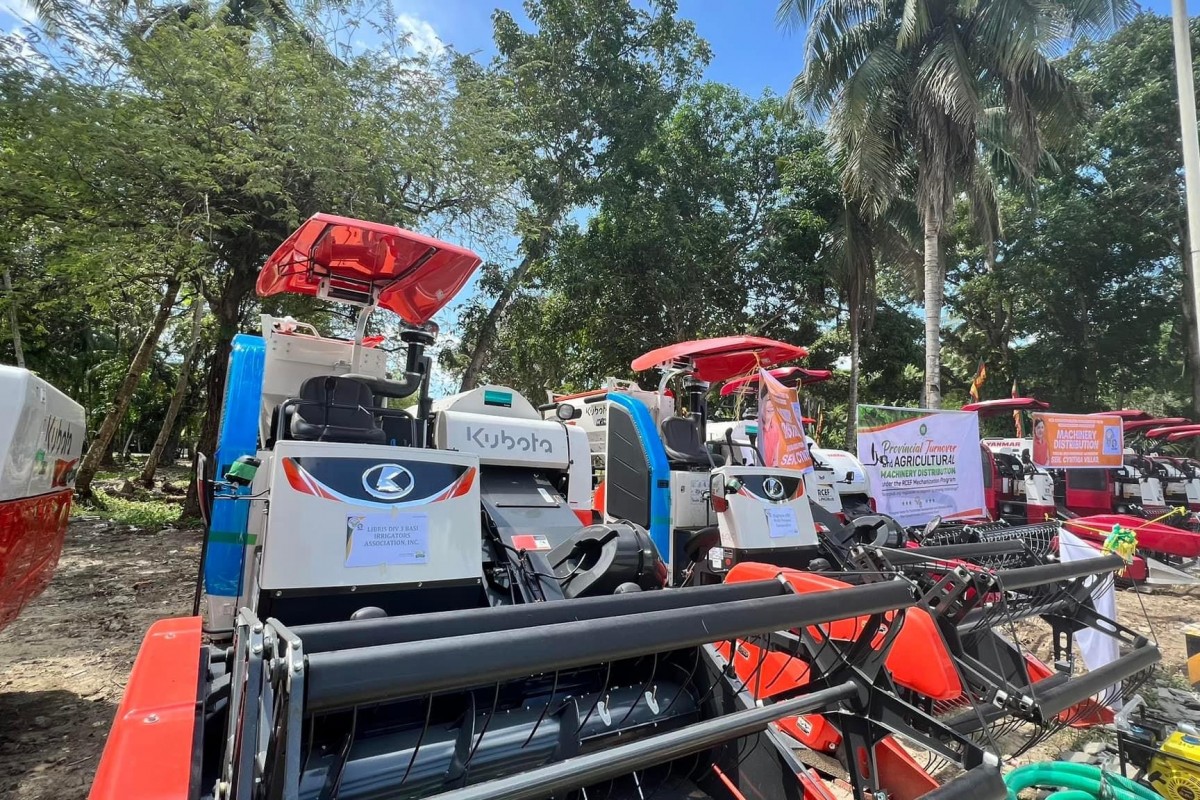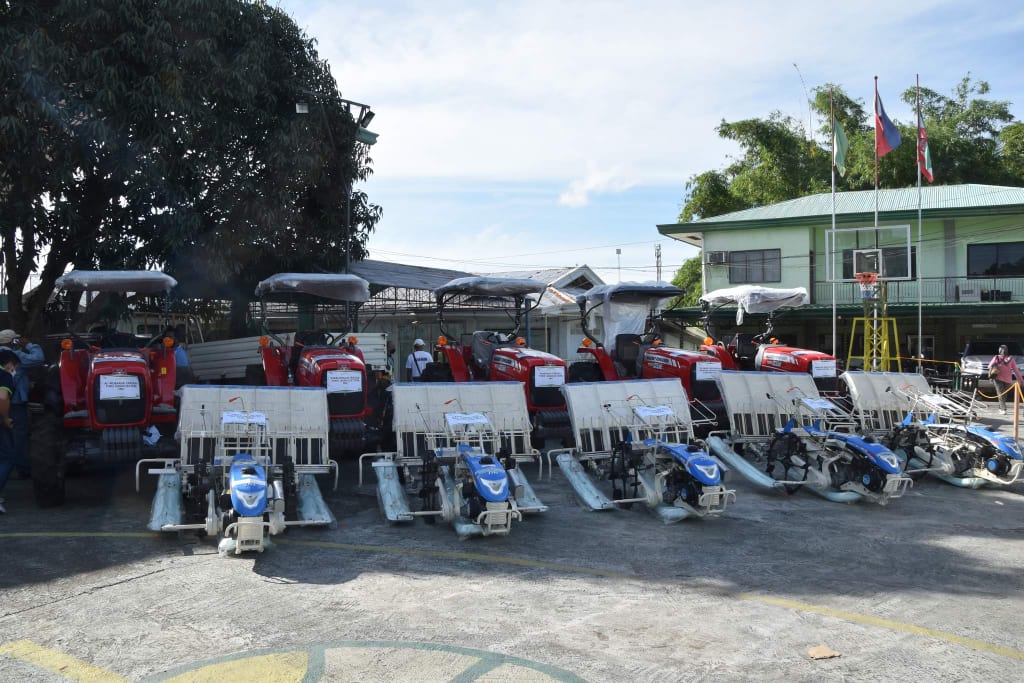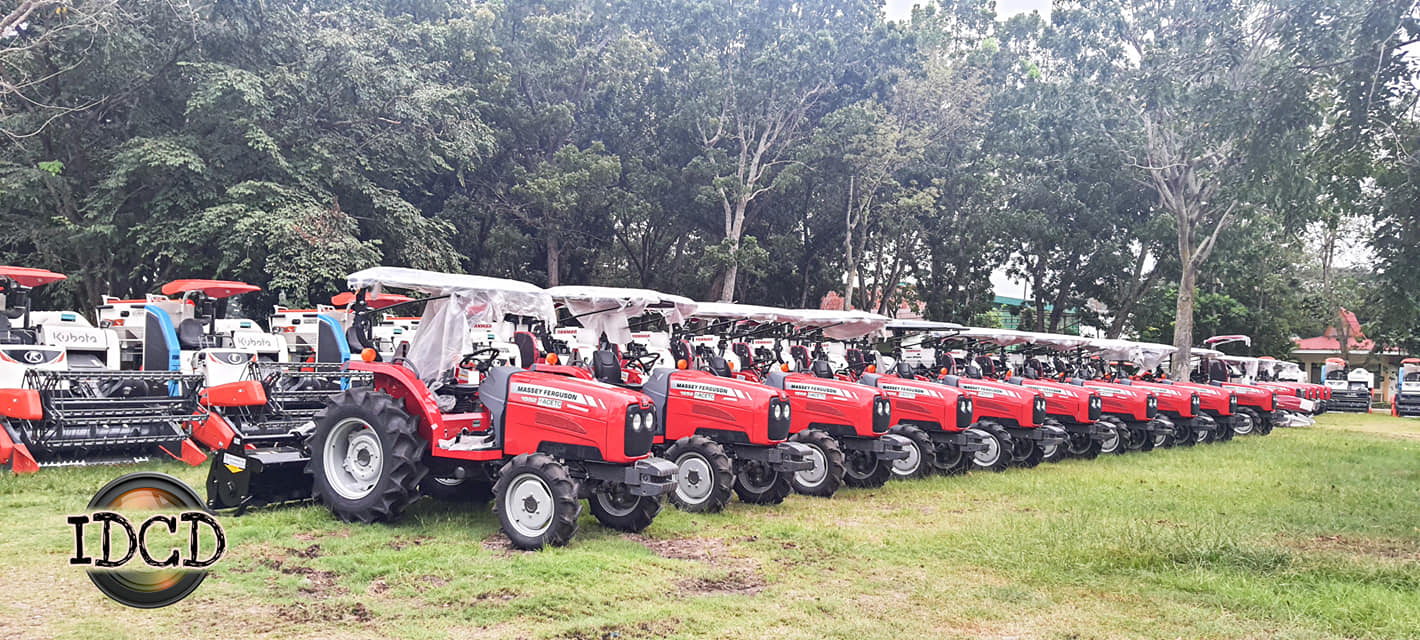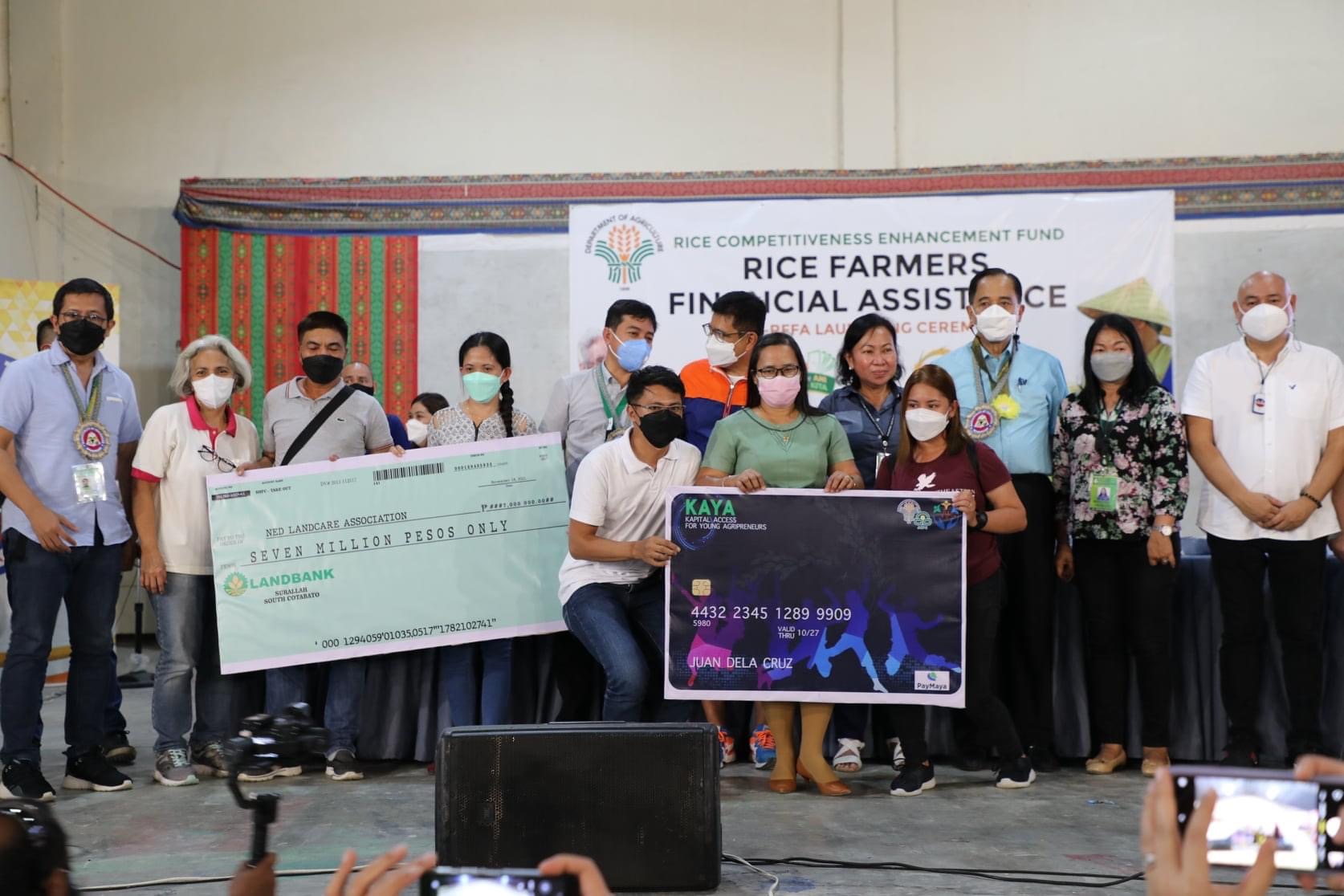
KABACAN, Cotabato Province (PIA) -- Thirty-one farmers' cooperatives and farmers' associations in the three districts of Cotabato Province received machineries from the Philippine Center for Postharvest Development and Mechanization (PhilMech).
The turnover and awarding of certificates was held during the opening program of the 17th National Organic Agriculture Congress at the University of Southern Mindanao in Kabacan town, Tuesday, March 21.
Joel V. Dator, head of PhilMech's Facility Management and Field Operations Division, told Philippine Information Agency 12 that the machineries distributed at the event are valued at P113 million and funded under the Rice Competitive Enhancement Fund (RCEF) Mechanization Program.
"These are comprised of rice combine harvester, riding type transplanters, floating tillers, and hand tractors. We call these as production technologies for qualified farmers' cooperatives and associations in the province," Dator said.
Dator also told PIA 12 that PhilMech allots P5 billion annually "to purchase and distribute agri-machines such as production technologies as well as postharvest machines; postharvest machines to include recirculating dryers and rice mills."
According to Rebecca Dumingsel, compliance officer and manager of the Taculen Farmers' Cooperative in Kabacan, machineries they have received from PhilMech have contributed to the success of their cooperative.
"We were able to pay our bank loans with the help of the machineries that we received from RCEF," Dumingsel told PIA in an interview.
Taculen Farmers' Coop has been a recipient of rice combine harvester and rotavator from PhilMech RCEF Mechanization Program. During the 17th NOA Congress, the cooperative received a rice seeder.
Almost 500 farmers, farmer groups, researchers, academicians, policy makers, organic practitioners, government officials and other stakeholders gathered at the state-owned University of South Mindanao in Kabacan town for the 17th National Organic Agriculture Congress.
Bernadette San Juan, program director of the National Organic Agriculture Program (NOAP) said the congress is "tailored for the future of the Philippine Organic Agriculture (OA) Industry."
The congress is the "result of painstaking effort and of painstaking effort and preparation involving the academe, OA researchers, policymakers, OA practitioners, and enthusiasts nationwide to encourage OA best practices and spur knowledge-investments to ensure sustained growth of the industry," San Juan said.
The congress, the official added, also "calls for a transformative shift towards healthier and safer food on our table and protection of our environment by dwelling on the completed researches centered on organic agriculture."
A large part of the organic agriculture congress is dedicated to presentation of organic agriculture research outputs in the following areas: fertilizer, crops, rice, and poultry and livestock. (PIA Soccsksargen)






